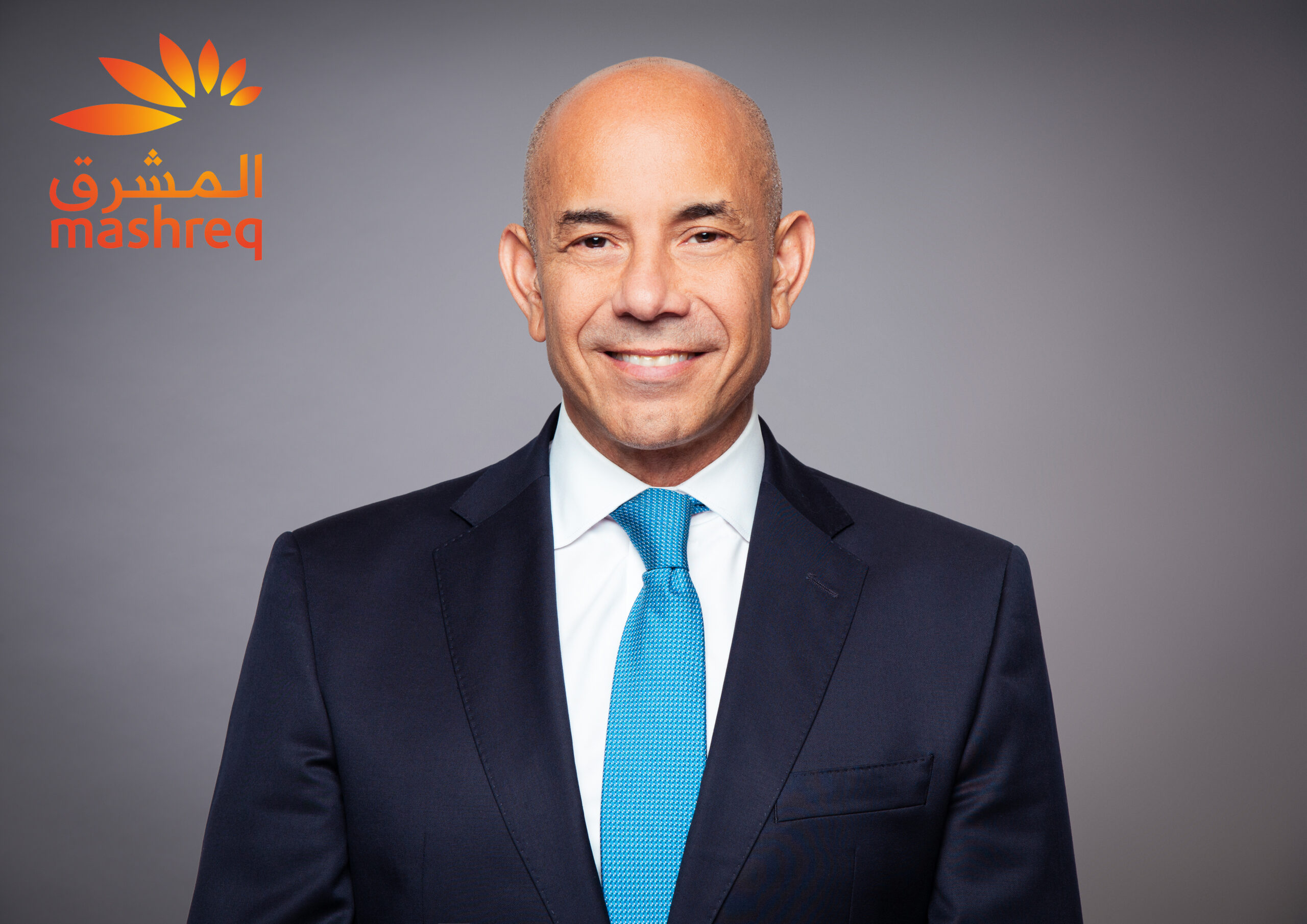|
And unlike Mark Anthony in Shakespeare’s Julius Caesar, I will not use fancy rhetoric and lengthy analysis to change your perception of what proved, as predicted, a doomed failure. I’m rather cynical by nature. Sometimes, as a journalist, that’s not a bad attribute to have. It means I do question a lot of the nonsense that gets sent my way. But readers will know that I did become a little obsessed with FXMS, even though my esteemed editor told me this was not healthy. He also pointed out the futility of spending eight hours a day watching the almost total inactivity on FXMS, because ultimately most people in FX were never interested in it. My columns attracted some criticism. For instance, Tom Glocer, chief executive of Thomson Reuters, responded in July 2007 to some questions I sent him by saying: “From your questions it looks like you have formed some weird views of both the FXMS business and its relationship with the two parents. Your note is unusually hostile for a working journalist. I don’t want to go into the details of each of your propositions, but I found myself in disagreement with almost all. What I can tell you is that I and Reuters are pleased with the joint venture, its progress and its prospects to be a very important (but not the only) player in the FX market.” Even I was prepared to suspend my disbelief. For instance, when the venture was announced, I gushed: “It’s far too early to say categorically what its ultimate impact will be, but the launch of FXMarketSpace by the CME and Reuters might ultimately prove to be one of the most significant events in the foreign exchange market’s long history.” This week, I sent out some questions to market particpants asking whether it was the inability to net, the opening up of the platform to some well known predatory funds or focussing on the wrong product that undid FXMS. A few took the time to think up some responses. But ultimately, the reason why FXMS failed was succinctly, if not eloquently summed up by one reply: “All those points are red herrings… It failed because it did no volume. It did no volume because the prices were s**t. That’s it, I think.” Because all I have written about FXMS is on this site, there’s no point me going over it again. But I will add one thing about the moment I realised that FXMS wasn’t going to simply walk into FX and capture a slice of the market. In November 2006, I was moderating a panel for Euromoney’s FX Forum in New York. I listened to FXMS chief executive Mark Robson’s spiel about how the platform would create a level playing field for the buy side to trade FX. At that point I asked the audience whether they were from the buy or sell side. The vast majority of them were buy siders. I then asked if they intended to connect to FXMS. Not a single hand went up. CME and Thomson Reuters confirm closure of FXMarketSpace October 10, 2008 The cost of FXMarketSpace? September 12, 2008 Exclusive: CME to withdraw from FXMarketSpace? September 11, 2008 People moves: Noel Singh resigns from FXMS June 06, 2008 People moves: FXMS loses legal eagle May 09, 2008
More on FXMS April 04, 2008
Naughty but nice: FXMS February 15, 2008
FXMarketSpace to ‘jump ball’ December 07, 2007 FXMarketSpace to list new currency pairs October 19, 2007
The first cut is the cheapest July 06, 2007
Good news from FXMarketSpace June 08, 2007
Is it squeaky bum time for FXMS? May 11, 2007
I work for a larger securities firm. Now f&*k off April 26, 2007
The new kids on the block: FXMarketSpace February 15, 2007 |



